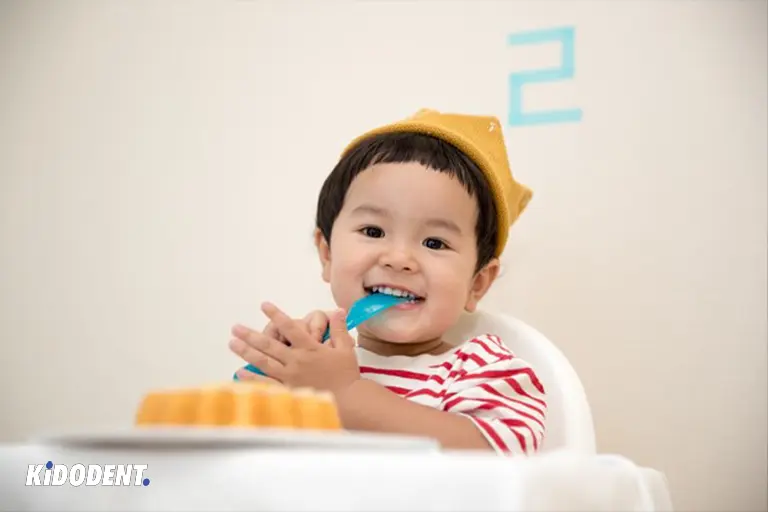Oral health must be a priority not just for adults but also for children. At a young age, kids are vulnerable to various dental problems, but you can avoid such issues if you know how to take care of their teeth. From the food they eat to their milk-drinking habits, many factors can contribute to tooth decay in babies. Read on and we’ll share some tips on how you can be proactive.

- Provide a Healthy Diet
-
By getting your kids to eat healthy, you are doing something to prevent tooth decay in children. They might be picky eaters, but do not give in to their whims. It is tempting to give them whatever they demand, but if you want to discipline them while they are young, see to it that they are eating the right foods. Sugar is the most common culprit for dental problems and other health problems in little ones. The more frequent and longer the exposure to sugar is, the higher the risk of having cavities. With this, cutting down on sweets must be one of your priorities. According to the American Academy of Pediatrics (AAP), TV ads play a big role in this, and you could help your kid if you lessen their exposure to advertising that focuses more on sugared treats and high-calorie snacks.
- Provide Fluoride With Caution
-
Fluoride is a natural mineral that slows and stops the formation of cavities. It rebuilds the enamel while also protecting the teeth from damages that are caused by sugar and bacteria. While fluoride is great, too much can be bad. Among others, too much fluoride can result in cloudy white lines, chalky appearance, visible pits, and surface irregularities.
One of the best ways to ensure sufficient fluoride intake among babies is to drink fluoridated water. Depending on where you live, many communities have fluoridation programs, which are believed to be effective in reducing tooth decay by up to 25%. Fluoride varnish is also recommended even on baby teeth. It can be done up to four times a year, depending on the recommendations of the dentist. It is a topical treatment that can help stop new cavities from forming or stopping cavities that have already started.
- Apply Dental Sealants
-
As soon as the baby’s first tooth erupts, you must start regular dental visits. This will be an opportunity to detect problems early while also implementing preventive measures against tooth decay. Among others, dentists can often recommend dental sealants.
In a nutshell, a dental sealant is a plastic resin that bonds to the grooves and depressions of the tooth. It starts in liquid form and hardens over time during the completion of the treatment. It protects the enamel from acids and plaques, acting as a barrier to minimize the chances of tooth decay. They are also long-lasting.
The CDC recommends applying dental sealants after the growth of the first molar, which often happens when a child is six years old. Nonetheless, it is safe even for babies upon the recommendations of a family or pediatric dentist. This is especially the case if the dentist rules that the tooth of a baby is cavity prone. While there is no age restriction, a lot of parents wait until their babies are older.
- Watch Out for Teeth Grinding
-
For adults, grinding teeth can be a significant issue that can affect their oral health. The same thing holds true for children, but the effects are not as severe as they would be when they are older and still grinding. Nonetheless, it is one of the oral health problems in children that require attention.
Understand why kids are grinding their teeth. It can be because of an underlying medical condition, which needs immediate attention. Certain medications can also be the culprit, especially those meds that are used for ADHD treatment. This habit could also run in the family, so you might have genetics to blame.
- Visit the Dentist Regularly
-
This is perhaps the most important tip if you want to take care of your baby’s teeth. Sure, you can read a lot of things online. You can also ask around friends and family. Books can also be great resources for oral health in children. Nonetheless, nothing beats professional opinion, so seeing the dentist is a must. The general recommendation is to see a dentist when the first tooth appears. In most babies, this will happen in their sixth month but not later than their 12th month. During the visit, the dentist will examine the teeth and provide recommendations for the best oral care routine. It can be an opportunity to spot dental problems early on and have the necessary intervention.
